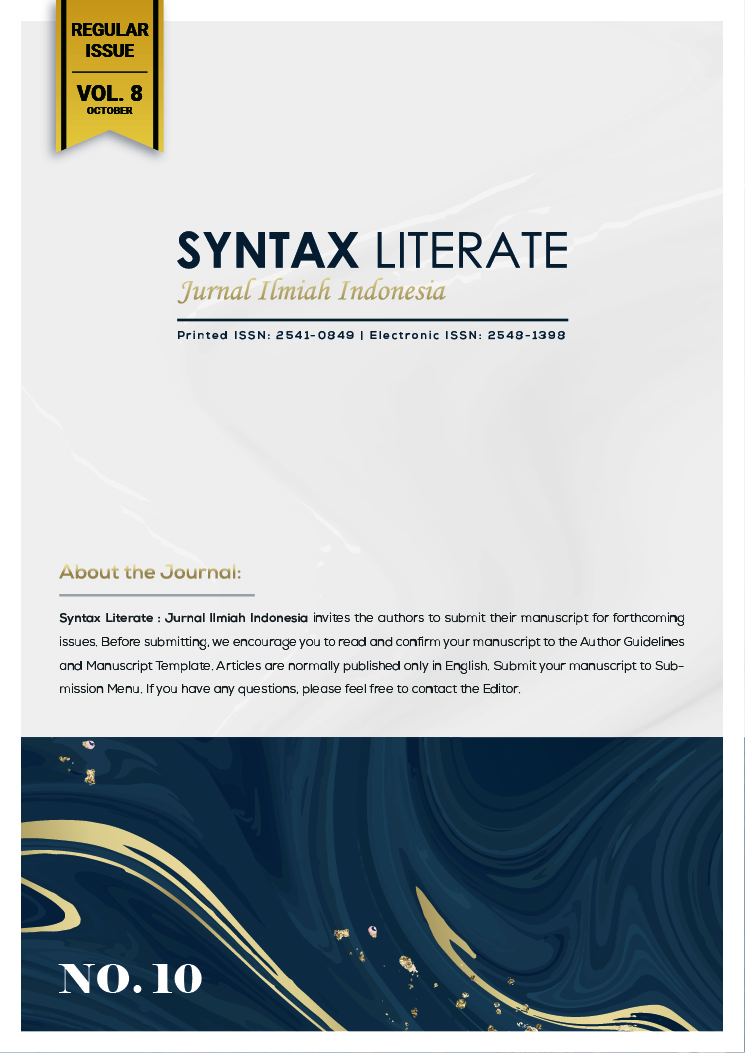Penegakkan Hukum Pidana dalam Kasus Illegal Logging Berdasarkan Uu No. 41 Tahun 1999 tentang Kehutanan
Abstract
This study aims to obtain information and analyze the law regarding Criminal Law Enforcement in Illegal Logging Cases based on Law Number 41 of 1999 concerning Forestry. Using the approach method in this study is a normative juridical approach. As natural wealth belonging to the nation and state, the rights of the nation and state to the forest and its results need to be maintained and maintained so that the forest can fulfill its function for the benefit of the nation and state itself. Forests as a source of natural wealth belonging to the Indonesian nation are one of the 2 basic capitals (duua) of national development used to increase the prosperity of the people as explained in Article 33 paragraph (3) of the 1945 Constitution that the earth, water, and natural resources contained therein are used for the greatest prosperity of the people. According to the version of WALHI (Forum for the Environment) once reached 3.4 million hectares every year, losses due to illegal logging ranged from 40-65 trillion every year. In 2003 the rate of destruction decreased to 3.2 million hectares and in 2005 around 2.4 million hectares, the decrease in the rate of destruction was not due to the effectiveness of law enforcement, but rather the increasing scarcity of timber that could be looted by forest criminals. Illegal logging is not the only crime in the forestry sector that causes critical forest conditions. The importance of the role of forests in people's lives and to create public order and security, the government should not stand idly by but act to overcome the long-standing practice of illegal logging. The enactment of Law Number 41 of 1999 concerning Forestry.
Downloads
Copyright (c) 2023 Rahmawati Eka Sari, Erwin Syahruddin

This work is licensed under a Creative Commons Attribution-ShareAlike 4.0 International License.











